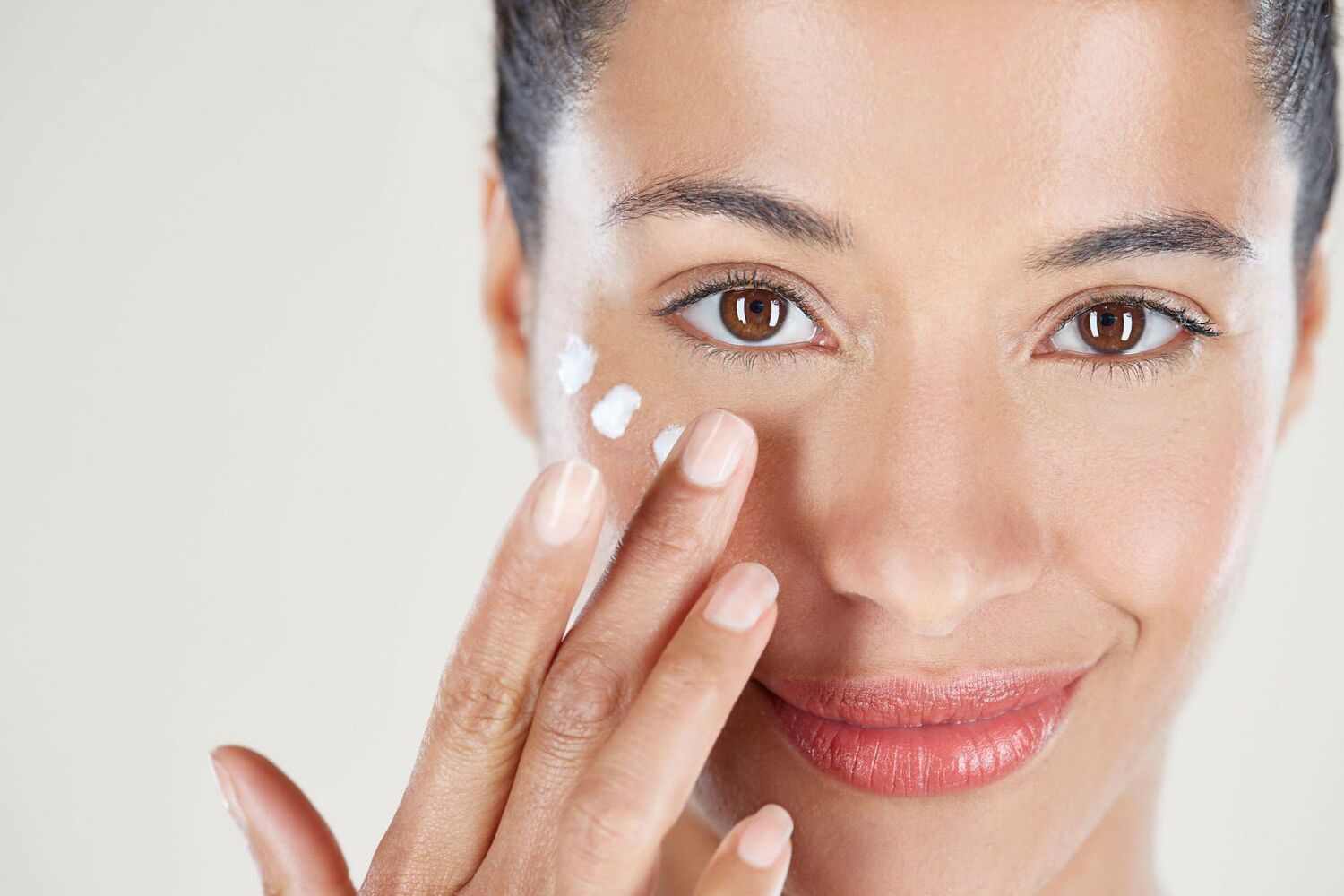
Retinoids are a game-changer in skincare, but what exactly are they? These vitamin A derivatives work wonders for your skin, tackling everything from acne to wrinkles. Retinoids speed up cell turnover, helping your skin shed dead cells and reveal fresh, new ones. They also boost collagen production, which keeps your skin firm and youthful. But with great power comes great responsibility—retinoids can be irritating if not used correctly. Start slow, using a pea-sized amount every other night, and always follow up with sunscreen during the day. Ready to dive into the world of retinoids? Let’s uncover 40 facts that will make you a skincare pro!
What Are Retinoids?
Retinoids are a class of compounds derived from vitamin A. They are widely used in skincare for their ability to promote cell turnover and improve skin texture. Here are some fascinating facts about retinoids:
-
Retinoids come in various forms, including retinol, retinaldehyde, and retinoic acid, each with different strengths and effects on the skin.
-
Retinoic acid, also known as tretinoin, is the most potent form of retinoid and is available only by prescription.
-
Retinol is a milder form of retinoid that can be found in over-the-counter skincare products.
-
Retinoids were first used in the 1970s to treat acne, but their anti-aging benefits were soon discovered.
Benefits of Retinoids
Retinoids offer a range of benefits for the skin, making them a popular choice in skincare routines. Let's explore some of these benefits:
-
Retinoids help to reduce the appearance of fine lines and wrinkles by stimulating collagen production.
-
They can improve skin texture and tone by promoting cell turnover and exfoliation.
-
Retinoids are effective in treating acne by unclogging pores and reducing inflammation.
-
They can fade hyperpigmentation and dark spots, leading to a more even skin tone.
How to Use Retinoids
Using retinoids correctly is crucial to avoid irritation and maximize their benefits. Here are some tips on how to use them:
-
Start with a lower concentration of retinoid to allow your skin to build tolerance.
-
Apply retinoids at night, as they can make your skin more sensitive to sunlight.
-
Use a pea-sized amount for your entire face to avoid over-application.
-
Follow up with a moisturizer to minimize dryness and irritation.
Side Effects of Retinoids
While retinoids offer many benefits, they can also cause side effects, especially when first introduced to your skincare routine. Here are some common side effects:
-
Dryness and peeling are common when you first start using retinoids.
-
Redness and irritation can occur, particularly if you use a high concentration.
-
Increased sensitivity to sunlight, making it essential to use sunscreen during the day.
-
Some people may experience a "purging" phase, where acne temporarily worsens before improving.
Myths About Retinoids
There are many myths surrounding retinoids that can cause confusion. Let's debunk some of these myths:
-
Myth: Retinoids thin the skin. Fact: Retinoids actually thicken the skin by stimulating collagen production.
-
Myth: You can't use retinoids with other active ingredients. Fact: While some combinations should be avoided, many active ingredients can be used with retinoids.
-
Myth: Retinoids are only for aging skin. Fact: Retinoids can benefit all skin types and ages, including those with acne-prone skin.
-
Myth: You should stop using retinoids in the summer. Fact: You can use retinoids year-round, but it's essential to wear sunscreen.
Retinoids in Skincare Products
Retinoids are found in various skincare products, each designed to deliver specific benefits. Here are some common types of retinoid products:
-
Retinoid creams are often prescribed for treating acne and signs of aging.
-
Retinol serums are popular over-the-counter options for those looking to improve skin texture and tone.
-
Retinoid gels are lightweight and suitable for oily or acne-prone skin.
-
Retinoid eye creams target fine lines and wrinkles around the delicate eye area.
Retinoids and Acne Treatment
Retinoids are highly effective in treating acne, making them a go-to solution for many dermatologists. Here are some facts about their role in acne treatment:
-
Retinoids help to prevent clogged pores, a common cause of acne.
-
They reduce inflammation, which can help to calm existing breakouts.
-
Retinoids can be used alongside other acne treatments, such as benzoyl peroxide or antibiotics.
-
Consistent use of retinoids can lead to long-term improvement in acne-prone skin.
Retinoids and Anti-Aging
Retinoids are renowned for their anti-aging properties. Let's delve into how they help to combat signs of aging:
-
Retinoids stimulate collagen production, which helps to firm and plump the skin.
-
They promote cell turnover, leading to a smoother and more youthful complexion.
-
Retinoids can reduce the appearance of age spots and sun damage.
-
Regular use of retinoids can prevent the formation of new wrinkles.
Retinoids and Skin Sensitivity
While retinoids are beneficial, they can cause sensitivity, especially for those with delicate skin. Here are some tips for managing sensitivity:
-
Introduce retinoids gradually, starting with a lower concentration.
-
Use retinoids every other night initially to allow your skin to adjust.
-
Pair retinoids with soothing ingredients like hyaluronic acid or niacinamide.
-
Avoid using retinoids on broken or irritated skin to prevent further sensitivity.
Retinoids and Sun Protection
Sun protection is crucial when using retinoids, as they can make your skin more susceptible to UV damage. Here are some important points to remember:
-
Always apply a broad-spectrum sunscreen with at least SPF 30 during the day.
-
Wear protective clothing, such as hats and sunglasses, to shield your skin from the sun.
-
Avoid prolonged sun exposure, especially during peak hours.
-
Reapply sunscreen every two hours when outdoors to maintain protection.
Final Thoughts on Retinoids
Retinoids pack a punch in skincare. They help reduce wrinkles, clear acne, and even out skin tone. But, they can also cause irritation if not used correctly. Start slow, maybe once or twice a week, and always use sunscreen. Retinoids make skin more sensitive to the sun. Over-the-counter options work well, but prescription ones are stronger. Consult a dermatologist to find what’s best for you. Remember, patience is key. Results take time, sometimes months. Don’t expect overnight miracles. Consistency matters. Stick with it, and you’ll likely see improvements. Retinoids aren’t a one-size-fits-all solution, but they’re a powerful tool in the fight against aging and acne. So, give them a try, but do it wisely. Your future self might thank you.
Was this page helpful?
Our commitment to delivering trustworthy and engaging content is at the heart of what we do. Each fact on our site is contributed by real users like you, bringing a wealth of diverse insights and information. To ensure the highest standards of accuracy and reliability, our dedicated editors meticulously review each submission. This process guarantees that the facts we share are not only fascinating but also credible. Trust in our commitment to quality and authenticity as you explore and learn with us.


